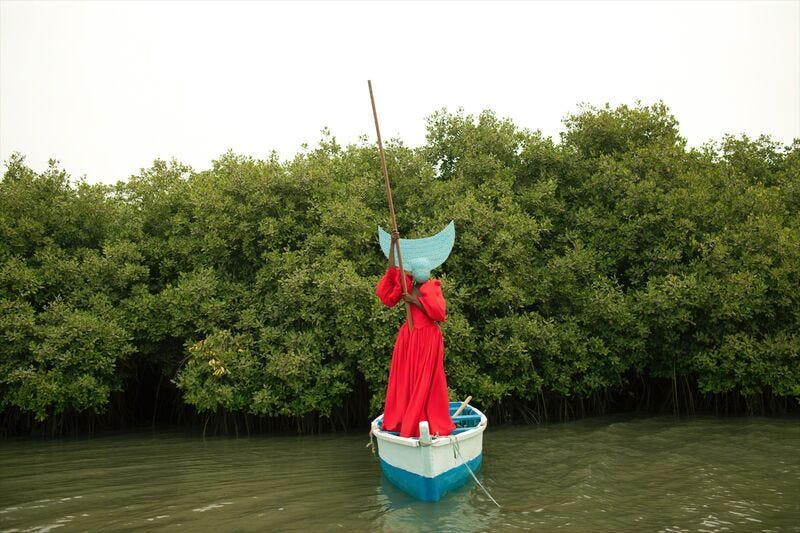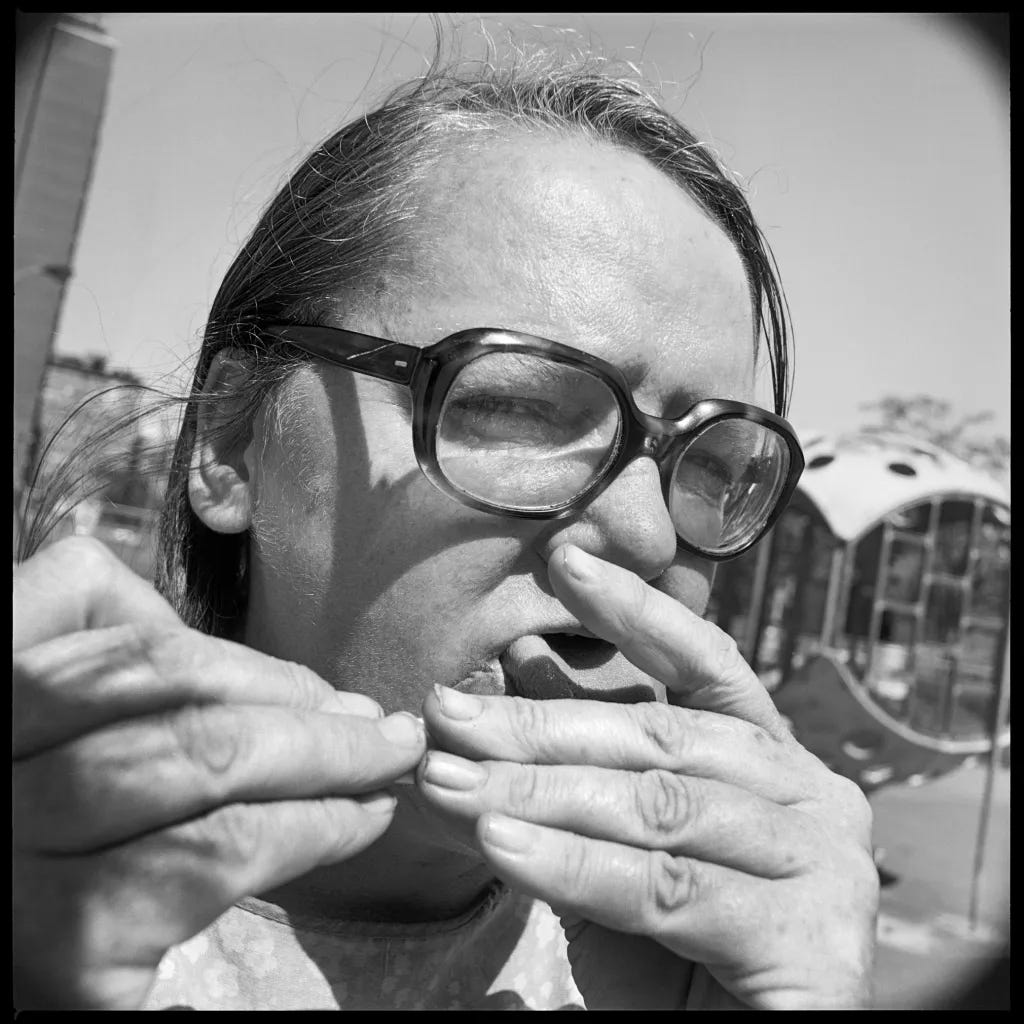069 - The Archeology of Language

…contemporary precisely because he has such command of the poetic and historical past, and because his invented language has such depth, archaeological richness, and reality.
Vijay Seshadri on Jeet Thayil’s These Errors Are Correct
In September I was immersed in contemporary mainstream action with a Robert Ludlum’s The Treadstone Exile by Joshua Hood.1
The protagonist Adam Hayes spends considerable time traversing the west coast of Africa. The Africa in the book is sensitively portrayed to Hood's credit, but the American gaze will always be blind to African nuances. Hood’s vocabulary captures the space with the things he knows, but the air, when devoid of gun smoke and gasoline, is left bereft of a spirit of the place. Maybe a fast paced entertainer doesn’t need it; maybe Hood really knows the psyche but chose to ignore it because it wasn’t germane. Regardless, it was absent. This issue is also set, therefore, in this Daak Continent (advance apologies).
Time Well Spent
Archeologist and historian Aurel Stein’s Silk Road Collection. Separately Aurel Stein in India - a fascinating life of exploration and discoveries and academic work.2
Life advice from NYC chess hustlers | Anne Kadet’s Substack is presently my favourite, and this was the first of her newsletters I read that got me hooked.3
What have you learned about people playing chess out here?
They timid, they're not willing to take a chance. See this? [He moves a pawn forward one space.] That means sometimes people don't want to be hurt. They have a fear of losing.
All futurism is Afrofuturism | Economics in a Daak issue is an oddity, but Noah Smith’s take on why the future is Africa sheds a light on how one views the world. The trouble is (in my ill-informed opinion), a host of countries know that the next leg of growth is African with its 1.2 billion people and an area 10 times that of India and thrice that of US and China, and no one wants to let go off a slice of the pie. If in the decades before last it was just the west trying to grow with the growth of Asia, now the Asian giants will join the fray to play the same game in Africa. What then gets left for the young Africans even in an optimistic future? 4
I thought about the last book that I read set in Africa; Joseph Conrad takes you to the very heart of Congo, but Conrad for all his prowess, doesn't have the history of the African tongue in him, and so what we get is an Africa that looks like how it would to an European. It doesn't bring the natural rhythm and beat that say Teju Cole5 brings in Everyday is for the Thief brings through ordinary English words, bringing a history Hood, Conrad and others don’t; the history of not what's changed but the asymmetry of the change, of what’s peculiar and odd.
Time Spent Elsewhere
Midweek Matinee
Last week, I chanced upon this Nigerian movie — The Black Book, which brought a lot of what I felt missing in the Treadstone novel. While it shows the $1 million budget it had to work with but it also punches above it. It is brilliant, but also middling. Some characters are great, some pedestrian; the story is powerful, the plot is cliche. I was intrigued and I was irritated.
I don’t know what to make of it.
To truly describe a place, a setting or a character, language has to lift itself above its immediate considerations. As one of India’s own ancient historian (or archaeologist?) Kalahana says, writing history has to — show dexterity in the exposition of the subject-matter, as it is rendered troublesome [reading] by misplaced learning. This dexterity comes from recognising the place in the context of its people, and not of the observer.
The African characters in Treadstone Exile, are caricatures, the ones in Heart of Darkness, subordinates and savages, who play a role similar to what a punctuation might. Without a sense of history, they float rootless in stories set in their own homes. They needed words and language of a different history to form them fully.
Ways of Seeing
The Human Faces of Skid Row, by Charles Traub.
Ludlum continues has upstaged 2Pac in the number of posthumous releases as newer authors like Hood have taken up the universe of espionage the now dead author created. This binge read on my part followed a July and August of rewatching the Bourne series, what's going on?
Stein was also the inaugural winner of The Campbell Memorial Gold Medal of the Asiatic Society of Mumbai, making him one of Bombay’s own as well I suppose.
The irony of clubbing all the countries and cultures within it into one block of land is not lost on me. Separately, if you are keen to know the how nations grow through industrialisation I whole heartedly recommend How Asia Works
Cole, as a Nigerian in America, also approaches Everyday as an American might, but brings a known and learned history. There may have been better examples to choose here, but I too am limited in my knowledge.





